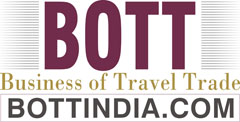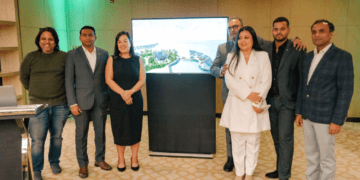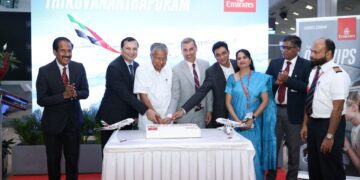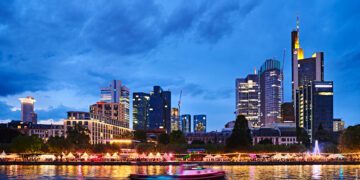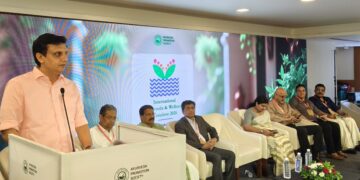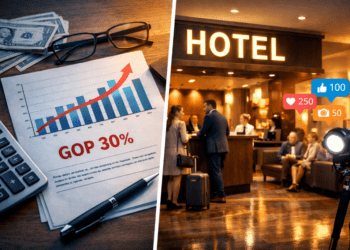
We noticed recovery with demand for drive-to-destinations, more so due to the uncertainty travellers experienced with air travel. Tourists felt more confident and in control while taking off in a car and driving for a holiday. Today’s travel norm is seeing a massive shift to vacation rentals over hotels and driving rather than flying along with a steep rise in the use of travel insurance and personal travel advisors. Even when borders were closed, domestic road tourism grew with sanitised cars, rooms and contactless check-ins, making it a favourable option for travellers who wanted to be on the move, despite the limitations that existed.
Moreover, as people felt the fragility of existence, road trips became a choice for reasons more than just safety. When the inquisitive traveller explores places on the road, the world opens for him or her. On the road, travellers understand cultural exchange and solidarity for what they stand for.
Travellers re-examine their association with their past and future. The process intensifies and brings outstanding universal values to the fore through interactions with locals.
Post-pandemic, there is a growing demand for quick outings and family trips led to a surge in vacationers taking to homestays and unique experiences. The fascination for offbeat experiences grew stronger after people survived the coronavirus outbreak. Road trips allow travellers to explore destinations with flexibility and comfort decided by their choices. In the past two years, road travel has seen remarkable growth within the Tourism Industry.
We have tremendous experience in cross-border trips, and this segment has also emerged more robust post-pandemic. From a traveller’s perspective, road trips between countries bring out the interconnections between people and an opportunity to enjoy a host of experiences. Travellers now prefer experiential and participatory activities that provide an escape from the regular and mundane.
Expectations about a destination influence the tourist’s experience during varied travel stages. In post-COVID normalcy, people are adjusting their priorities and social interests. Therefore, it becomes crucial for us to identify tourists’ expectations before customising proposed travel itineraries. Tourists’ preferences, attitudes and expectations largely dominate the excursion and travel mode choice. The growing demand for self-drive journeys is here to stay, and we are delighted that we have pioneered convoy-style self-driven trips across the world. The ever-increasing acceptance validates our vision.
The role of the travel advisor has evolved to more than a mere transactional agent. Travellers now need more assistance, not less, especially since the preference is to self-drive. It is now an ongoing relationship to facilitate their short-term and long-term travel goals. Travellers are keen to invest in luxurious niche packages offering a carefree travel experience with accommodation, meals and unforeseen complications of the road journey taken care of. I am delighted to say that with my expert team, Adventures Overland has pioneered cross-border and fly-and-drive excursions. We have successfully organised more than 100 expeditions in 80 countries with over 1000 guests and four seasons of Road to London, a 15,000 km cross-continent expedition covering 20 countries. In 2022, we had to alter the route for our Road to London via Iran and Turkey as the earlier trails were still not open for tourism.
All around us, there are encouraging signs of growth in tourism. A 2021 McKinsey survey revealed travelling to be the second-most-desired activity among respondents after dining out. Global tourism experienced a 4% upturn in 2021, compared to 2020 (415 million versus 400 million) as per UNWTO reports. The first 2022 issue of the UNWTO World Tourism Barometer indicated that rising rates of vaccination, combined with easing of travel restrictions due to increased cross-border coordination and protocols, have all helped release pent-up demand.
The emergence of new trends has generated the need for businesses in the travel industry to revolutionise their operations. Travel companies need to focus on revisiting traditional approaches and learn from traveller expectations, which are the basis of the end-to-end journey, from booking to the travel experience and back home.
Follow BOTT on LinkedIn, Facebook, Twitter & Instagram
Subscribe BOTT Channels on WhatsApp & Telegram to receive real time updates
